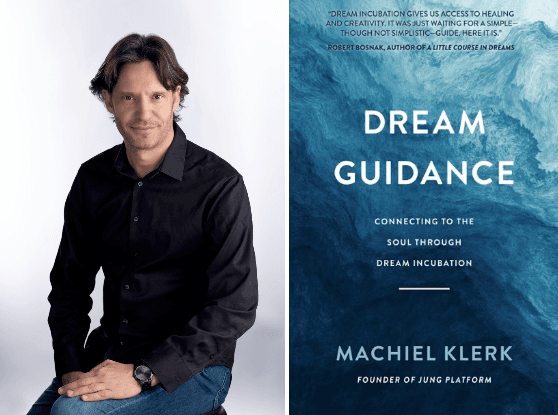Hello, my name is Conan Milner and this is Words of Wellness, a show where we discuss health from mind to body to spirit.

|Updated:

Hello, my name is Conan Milner and this is Words of Wellness, a show where we discuss health from mind to body to spirit.